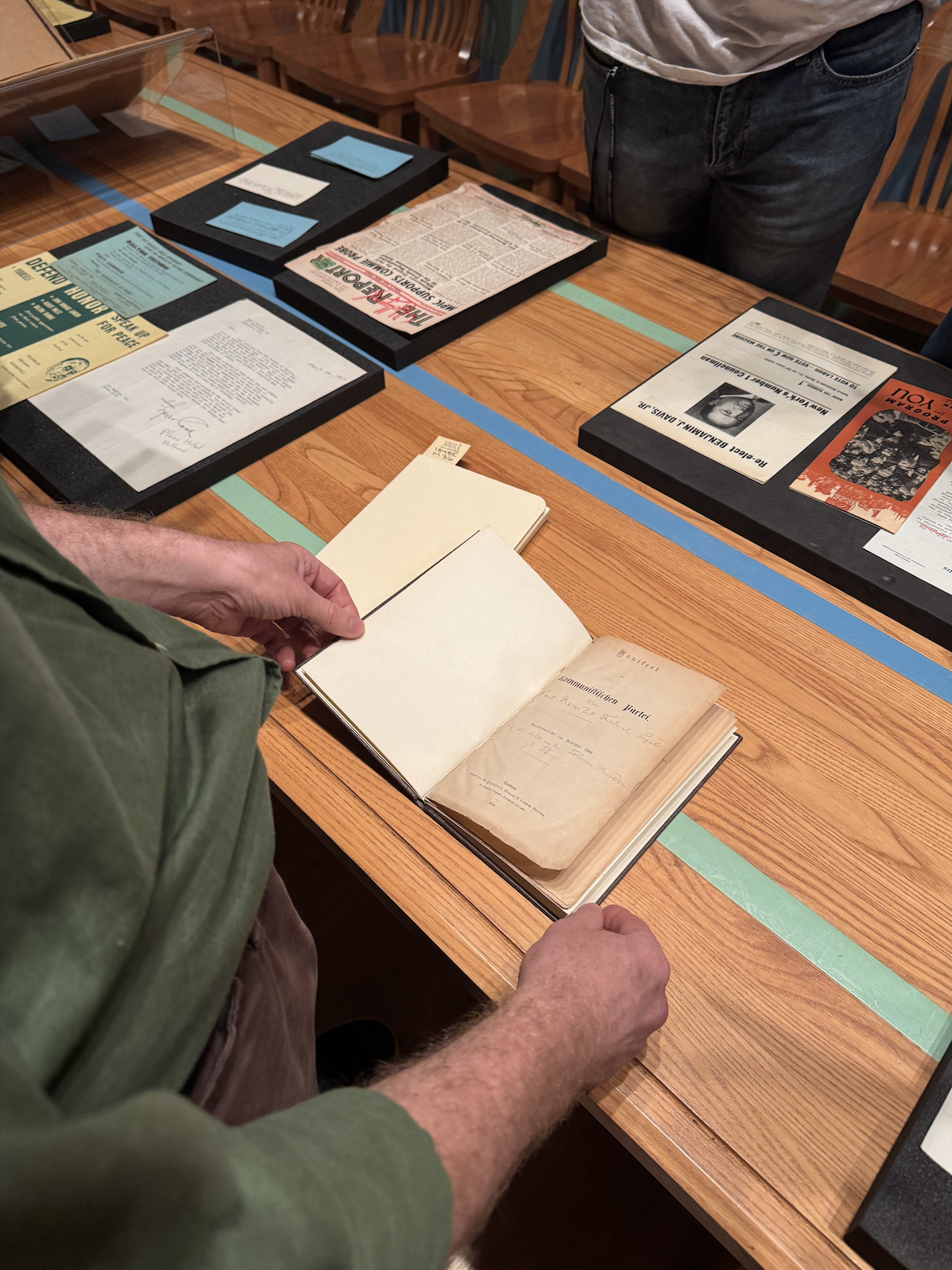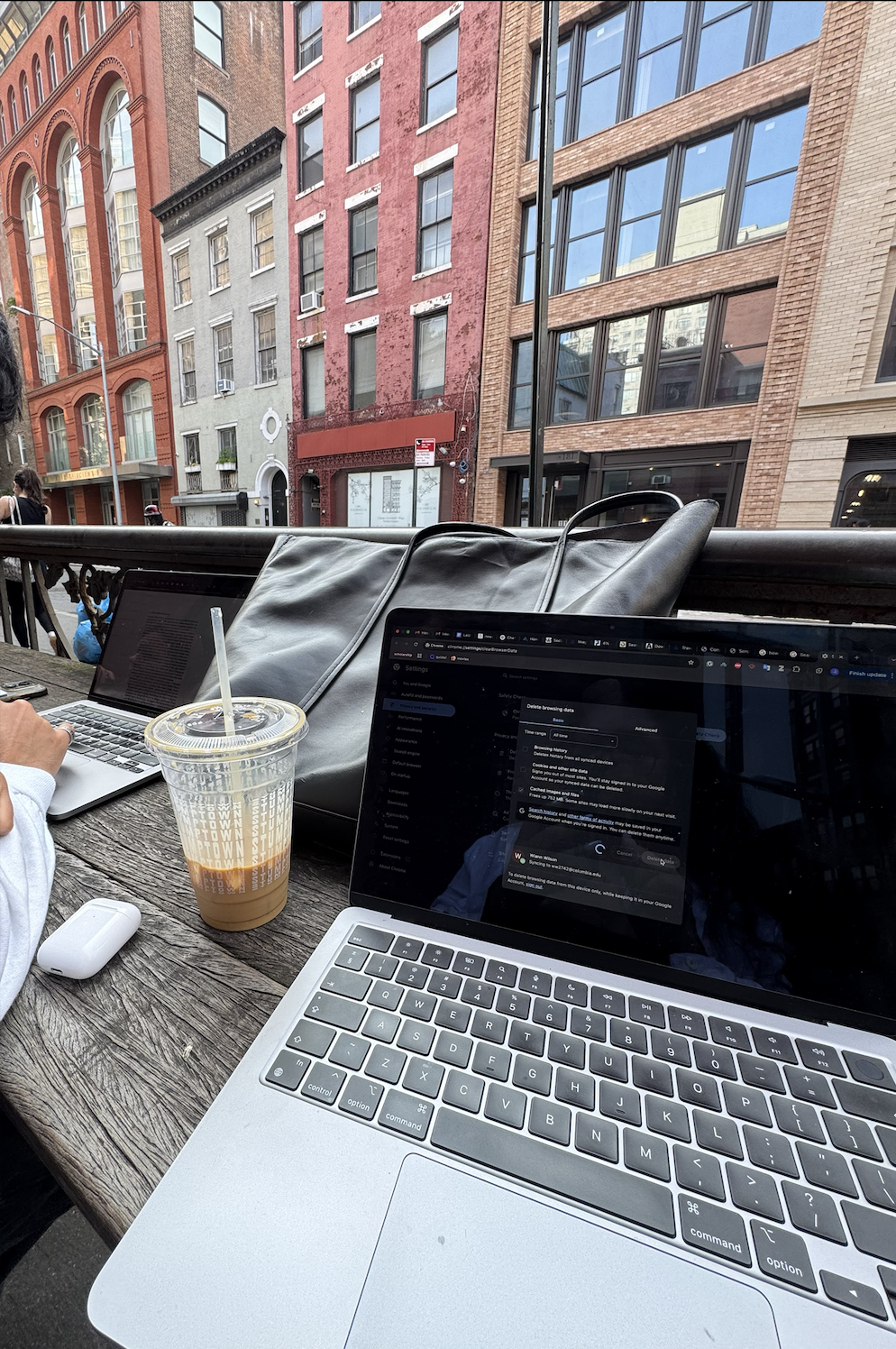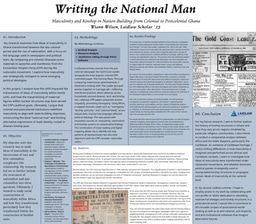I’ve been exposed to many conflicting ideas about masculinity and how it is passed down, and I’ve come to realize that determining which forms were more dominant at any given time is, to some extent, shaped by the interpretation of each author. This has pushed me to become more aware of bias in the readings I engage with and to think critically about the perspectives they present. While reviewing British archives and anthropological records, I’ve found detailed descriptions of living conditions, but little explicit discussion of how ideas, especially about masculinity, were transmitted through households or lineages. As a result, I’ve encountered gaps in my understanding. Often, I come across compelling findings in primary sources, but there’s limited context or explanation for why those patterns exist, due to omissions in the sources themselves. After speaking with my research professor, I’ve adjusted my expectations for my final paper. Rather than aiming to draw definitive conclusions, I plan to detail my findings and offer theories or hypotheses that might explain them, while acknowledging that I may not be able to fully prove them with the materials currently available to me.
Field Journal 5
What new ideas, challenges, or other issues have you encountered with regard to your project (this might include data collection, information that contradicts your assumptions or the assertions of others, materials that have enriched your understanding of the topic or led you to change your project, etc.)? How have these ideas or challenges shaped the bigger picture of your research? Has the scope or focus of your topic changed since you began this project? If so, how?
Where does your research take place--or where is a favorite place to conduct your research? Post a photo!
My research takes place in the archives, the library, and in coffee shops that I try to explore across the city! The pictures below are of the Rare Manuscript Library in Butler and a coffee shop downtown!



Please sign in
If you are a registered user on Laidlaw Scholars Network, please sign in